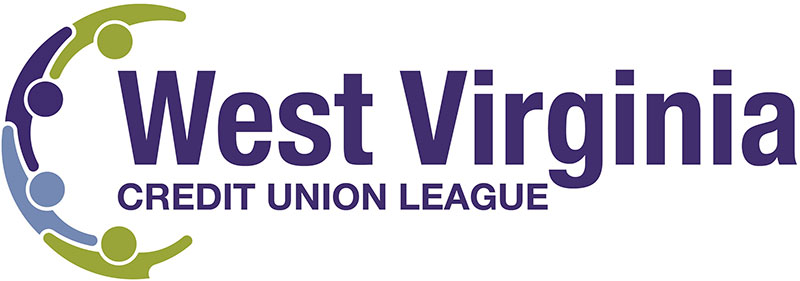News
League Offers Guidance on Dealing with ADA Lawyer Demands — 1/22/18
Add West Virginia to a growing list of states in which credit unions are receiving letters from a California litigation firm seeking damages from an unnamed visually impaired “blind” client they represent with regard to website accessibility as applied the Americans with Disabilities Act. As a result, numerous credit unions have contacted West Virginia League staff seeking advice and explanation of the letter which has been sent by the same firm.
Without naming the client, the January 16 dated letter said the firm is planning to file a lawsuit within two weeks while the client is entitled to “damages, attorney’s fees and accessibility injunction,” since their client is unable to easily access the website with reader software and is "prevented from determining where a local branch is located.”
CUNA explained in a January 18 webinar, that this law firm and others are taking advantage of ambiguity in the law since the U.S. Justice Department has not put forth clear rules on how websites should accommodate visually impaired individuals. CUNA has been working with Congress to seek a legislative remedy while working with the Justice Department in determining clear web accessibility guidelines.
“Within the last few days, quite a number of WV credit unions have received demand letters from a law firm in California threatening to sue over an ADA accessibility issue concerning their website,” League President Ken Watts stated in an email sent to credit unions on January 19. “While many credit unions in other parts of the country have received these demand letters over the past several weeks, this is the first we've known of them being sent to WV credit unions,” he added.
“CUNA Mutual Group should be your first contact if you're the recipient of one of these letters. Tom McLane of CUNA Mutual's staff has been designated the point person on this issue and has asked that you forward the letter to him so he can get a member of CUNA Mutual's legal team involved. Please notify Tom (tom.mcclane@cunamutual.com) even if he isn't your regular representative,” Watts urged.
In the meantime, CUNA advises that credit unions not wait for the website accessibility rules but offered these tips instead:
-Use Web Content Accessibility Guidelines (WCAG 2.0)
-Assign ownership both for initial remediation, and ongoing monitoring and maintenance;
-Conduct a thorough risk assessment on credit union websites and mobile applications;
-Review third-party linked sites;
-Add a website accessibility statement and supporting processes;
-Ensure content and services are accessible and compatible with assistive technology;
-If necessary, make adjustments to your website’s accessibility to minimize risk.
“Credit unions are victims of predatory litigation and frivolous demand letters. Credit unions exist to serve their members, so clearly they take every effort to make sure they’re accessible to all of their members. This kind of predatory activity threatens credit unions’ ability to serve their members,” said CUNA Chief Advocacy Officer Ryan Donovan. “We’re taking a 360 degree approach to this critical problem, pursuing legislative, regulatory and, if necessary, judicial remedies.”
CUNA has established an advocacy page that outlines the issue and provides helpful guidance, and a link to the archived webinar.
# # #
